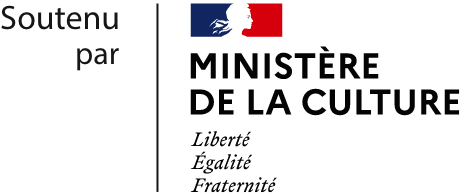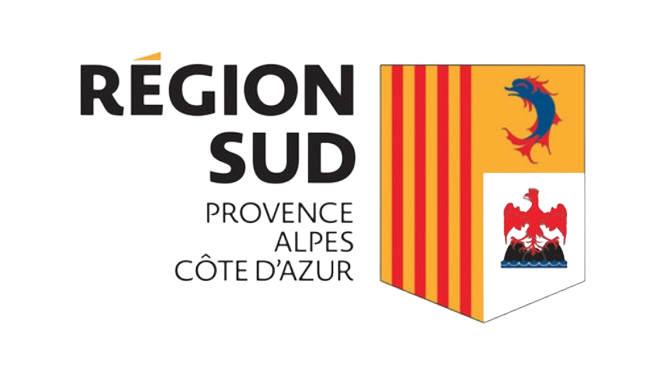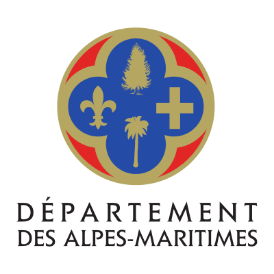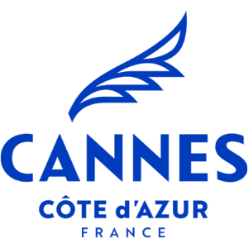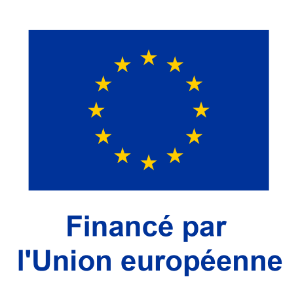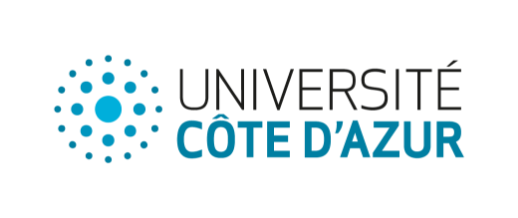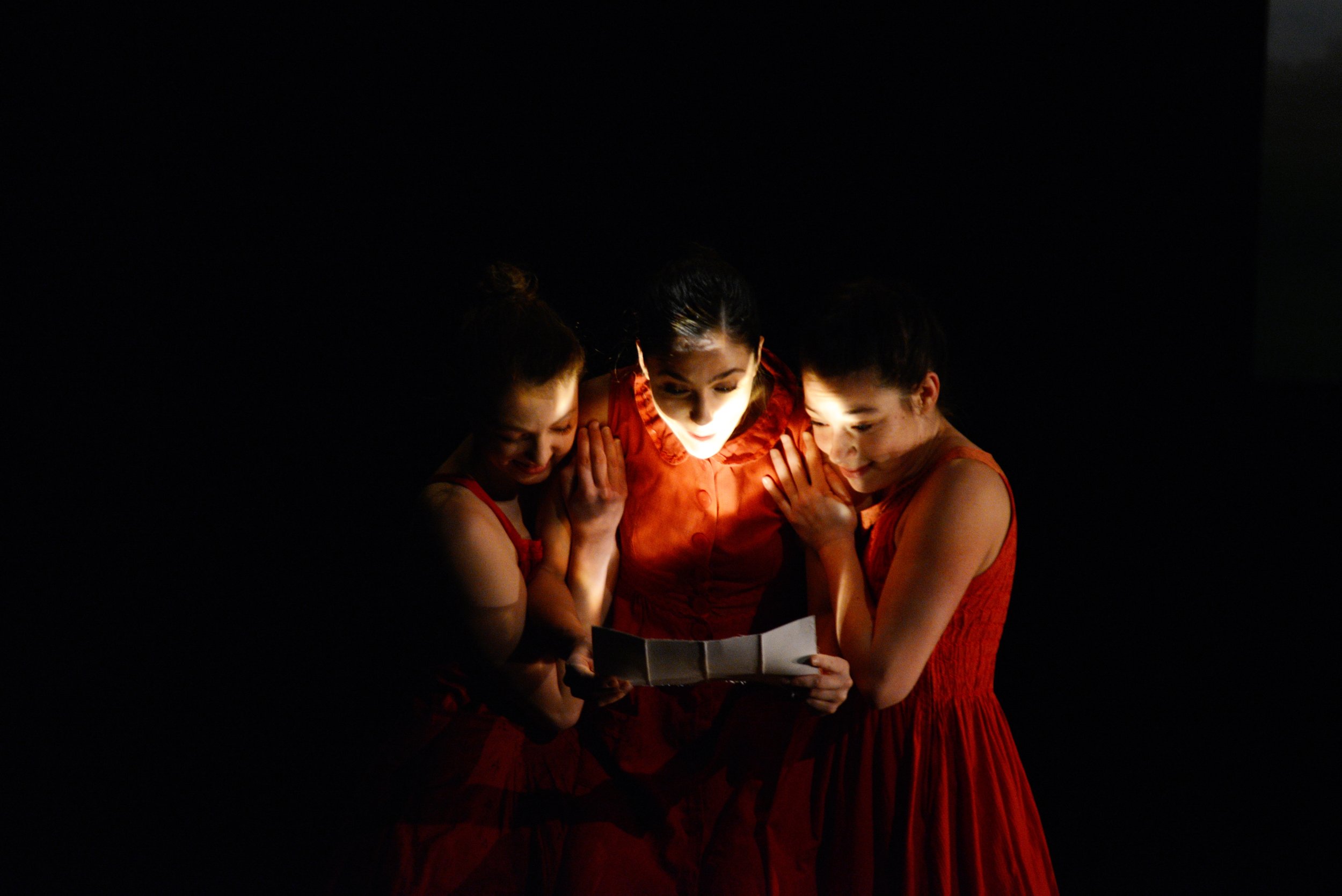
Young Audience Choreography Training
New training session offered in 2024-25!
The Choreography for Young Audiences training involves the creation and performance of choreographic shows specifically designed for young audiences. This training module aims to provide tools to understand and design choreographic performances tailored to the needs of young audiences.
Trainees’ Professional Profile :
- Professional choreographers
- Performing artists
Objectives :
- Assimilating the artistic and creative staging challenges of stage, dramaturgical or choreographic writing and interpretation, likely to engage children and young audiences
- Being able to offer short forms accessible to children and young audiences, and to present this short form to a group of children at one or two different times
- Acquiring specific approaches to creation targeted at young audiences in live performance today (including production and dissemination methods, and business plan)
Training schedule and locations
- 14 December 10 a.m. to 1:30 p.m. and 2 p.m. to 5 p.m. and 15 December 9:30 a.m. to 1:30 p.m. and 2 p.m. to 3:30 p.m., PNSD Mougins, trainer Christophe Garcia
- 11 January 10 a.m. to 1:30 p.m. and 2 p.m. to 5 p.m. and 12 January 9:30 a.m. to 1:30 p.m. and 2 p.m. to 3:30 p.m., PNSD Mougins, trainer Christophe Garcia
- 25 January 10 a.m. to 1:30 p.m. and 2 p.m. to 5 p.m., 26 January 9:30 a.m. to 1:30 p.m. and 2 p.m. to 3:30 p.m., Pôle 164 Marseille, trainer Christine Fricker
- 14 March and 15 10 a.m. to 1:30 p.m. and 2 p.m. to 5 p.m., 16 March, 9:30 a.m. to 1:30 p.m. and 2 p.m. to 3:30 p.m., Pôle 164 Marseille, trainer Christine Fricker
Number of training hours : 54h30
Training Locations :
- PNSD Rosella Hightower, 140 Allée Rosella Hightower 06250 Mougins
- Pôle 164, 164 Bd de Plombières, 13014 Marseille
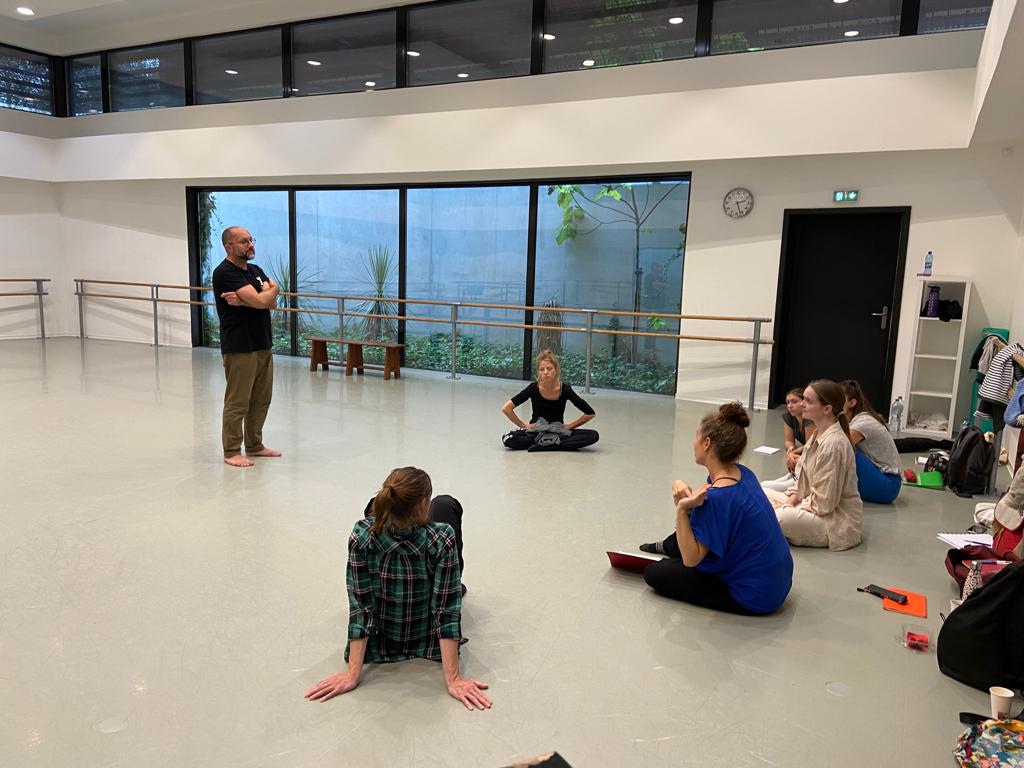
Curriculum :
Over the past few years, the choreographic field has joined other performing arts in the creative momentum for young audiences.
Choreographic artists now take their share in the fantastic development of creation for the youngest audiences, bringing new proposals, new languages, and arguments.
True to its origins, dance knows how to adapt to complement theatrical, musical or scenographic works.
It is now common for artists to bring forth reflections and complete works, in which dance is the main agent.
This expertise is still quite recent, and at times unheard of by some dancers, or choreographers. It raises artistic questions regarding production.
What is meant as a piece tailored for young audiences ? What languages should come into play ? What roles should narration and abstraction play ? What artistic collaborations are relevant ? What are the production methods, distribution networks, and business plan of young audience creation ?
The PNSD Rosella Hightower offers training encompassing these issues in connection with active professionals, artists, as well as programming managers and philosophers.
The training alternates between theoretical concepts and a diverse range of practical applications supervised by different creators. The theoretical and reflective aspect is led by a lecturer-researcher specialising in young audience creation. The perspective of a show programmer for young audiences will address the creative conditions and dissemination of such shows.
Young audience creation will be addressed comprehensively, covering its history, major milestones, significant works, as well as questions regarding their production and dissemination. A common set of questions will be submitted to each creator, allowing them to respond through their personal and unique experience in young audience creation.
The last period is dedicated to the presentation of an individual creative project. The presentation may involve any form (model, oral, staging, and the list goes on).
For each session, trainees will be offered to attend a performance for young audiences, which may be used as a resource for a collaborative analysis, aimed at identifying the characteristics of a young audience show, with an emphasis on specific aspects (outlined in a grid).
Training program:
1. Introduction and discussion time
Presentation of the participants: A time for discussion is devoted to knowing the background of each participant and the reasons which led them to choose to create for young audiences. This allows us to lay the foundations for a caring group dynamic and to identify everyone's expectations.
Motivations and issues: Discussion on personal and professional motivations for working with a young audience, and on the artistic and educational issues linked to this type of creation.
2. Work on interpretation
States of presence: Exploration of the different states of stage presence and their impact on communication with young audiences. This module aims to refine the quality of stage presence to better capture children's attention.
Interpretation: Work on the question of addressing the public and on the subtleties of interpretation to reach a young audience in an authentic and appropriate way.
Meeting with the public: Techniques for meeting this specific audience while taking into account their perception, their sensitivity and their expectations.
3. Body awareness and transmission
Anatomical deepening: Development of anatomical knowledge through work based on bodily sensations. This module proposes to question the way in which these sensations can be transmitted to create a state of bodily awareness in children.
Transmitting the state of consciousness: Reflection on methods for transmitting this state of bodily awareness to children, by adapting the speech and exercises to their level of understanding and development.
4. Creative supports and work on the imagination
Textual, visual and sound supports: Exploration of different supports (textual, visual, sound) which stimulate children's imagination and which can be integrated into the choreographic creation process.
Nourishing creation: Using these supports to enrich creation, drawing inspiration from the world of children and working on themes that are close and accessible to them.
5. Improvisation and creation of a singular universe
Improvisation workshops: Based on specific themes, participants are invited to improvise to identify the tools necessary to create a unique and singular choreographic universe.
Creation of a universe: Work on shaping this universe, taking into account the specificities of the young audience and artistic intentions.
6. Scenography, objects and music
Scenography: Reflection on the importance of scenography in creation for young audiences, and on the relationship to objects as narrative and symbolic elements.
Music: Discussion on the place of music, whether recorded or live, and on its impact in enriching and supporting the choreographic statement.
7. Feedback on creations and tests with young audiences
Feedback: Participants present their work, and feedback is given collectively, making it possible to compare perspectives and benefit from different points of view.
Tests with the public: Invite children to test the first drafts of creation, in order to collect their reactions and adjust the proposals according to their reception.
8. Construction of a pedagogy linked to creation
Educational tools: Provide concrete tools and share feedback to help participants build a pedagogy adapted to choreographic creation for young audiences.
Link between creation and pedagogy: Reflection on the articulation between the artistic approach and educational transmission, to offer workshops which nourish both the creativity of children and their learning.
The trainers
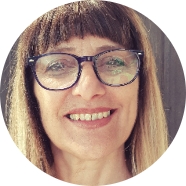
Teacher
Christine Fricker
Christine Fricker is a choreographer of the company Itinerrances and serves as the artistic director of Pôle 164, a creation centre dedicated to moulding and promoting choreographic art.
The company Itinerrances asserts its commitment to placing humans at the heart of its project, emphasising the importance of being influenced by experiences that address the role of the individual within the collective.
« I prioritise encounters with performers, giving fundamental importance to their personality, in search of a truth of body and presence. Being free to invent through a strong commitment on stage. I oscillate between theatricality and abstraction, choreographic writing and performative acts. I question all living things within the space of representation, the audience’s empathy, and the use of the past to invent the present.
My latest creations feed on the approaches of Post-Modern American artists. I increasingly use score-based writing which sheds light on personal choices and priorities the « how » over the « what », encouraging a non-judgemental creativity.
Collaborative projects enable me to create democratic communities of dancers of all ages, cultures, practices. I am the privileged witness and the trigger of creative momentum that nurtures my approach in turn. »
The desire for dissemination is a foundational element in the company’s work. It is the willingness to work for and with audiences that do not have an obvious connection to contemporary dance that drives this artistic approach.
The company offers a range of projects and shows for varied sorts of audiences, and works in schools, nurseries, social centres, and day care centres.
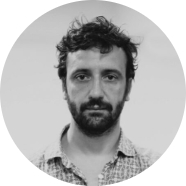
Teacher
Christophe Garcia
« I love the fact that dance may venture anywhere, and above all, that it doesn’t stay put. »
Christophe Garcia grew up in a modest environment in Haute-Savoie, where pursuing a career in dance was far from obvious. According to family myth, as soon as he could stand on two legs, he never stopped dancing, before getting others to dance as well. Recognising his thirst for expressiveness, his mother enrolled him in a drama class, and later at the Conservatory of Dance in Annecy.
In 1996, he entered the highly selective Rudra Béjart workshop school. Those two years of multidisciplinary training alongside Maurice Béjart were a true revelation for him.The practice of drama, music and martial arts enriched his repertoire and he became accomplished in such a climate of permanent artistic excitement. In 1998, he was lucky enough to be engaged by the master himself and he joined the Béjart Ballet in Lausanne. Thus began a life consisting of companies and international tours. Alongside Maurice Béjart, Christophe Garia worked under the direction of illustrious directors including Robert Wilson and Robert Lepage.
As he was questioning his future, he began writing a solo entitled Alice. That is when he discovered the immense pleasure of choreographing and rekindled the inventiveness of his youth. Making others dance brings him joy. Maurice Béjart encouraged him to follow through by entrusting him with a carte blanche. Immediately after that, he created, at only 19, his own company – La Parenthèse – because it was a space open to every freedom.
For the past twenty years, La Parenthèse has been travelling the world, constantly exploring the infinite possibilities of dance, and winning several awards along the way. Christophe’s musical inclinations have led him to collaborate with major musical ensembles, including Les Arts Florissants ou l’Orchestre National des Pays-de-la-Loire.
Regularly reaching out to new audiences and spaces that are not dedicated to dance, his creations unfold on marble monuments, museums, countryside venues, arenas or within the plush alcoves of hotel rooms. Most projects are produced to fit the spaces they inhabit. Bringing dance out of theatres enables spectators to own the show, to discover an unprecedented closeness, to share with dancers, smells, warmth, a form of intimacy. The intimate, the quest for love, desire and sensuality are precisely at the heart of his latest creations : The Ambition to be Tender, Niebo Hotel, The Problem with Pink, and the upcoming Summer Nights. A theatre, music and literature lover, Christophe Garcia is willing to invite words and music on stage – inhabiting the text without merely illustrating it is part of the challenge. His upcoming creation Summer Nights lies at the crossroads of these paths.
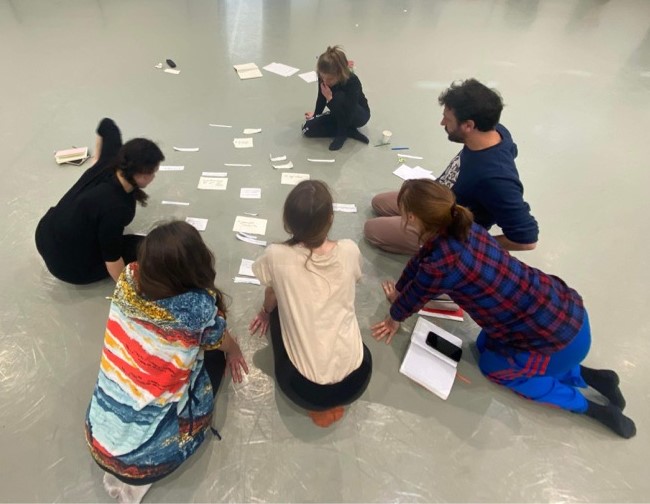
Pedagogical Methods and Technical Resources :
The training combines knowledge inputs with illustrations and examples taken from trainees’ professional practice. It places great emphasis on exchanges and putting the participants’ professional situations into perspective.
In this context, trainees are requested, if possible, to bring in elements that could enrich their training.
Pedagogical assessment at the end of the course :
The pedagogical method is centred around a dynamic interchange between theoretical inputs and practical questioning relevant to the trainees’ professional environment. Therefore, the trainer continuously assesses progress, understanding of the addressed questions and achievement of training objectives through various methods, including questions and answers, exercises, questionnaires and exchanges and participant interaction.
A certificate of achievement is issued for each participant by the end of the module. It specifies the dates of completion and the number of hours attended. A pedagogical assessment is conducted on the last day of training with all participants to measure whether the trainees’ objectives have been met, if the training methods were satisfactory, and the working conditions appropriate.
Trainees are expected to submit their anonymous evaluation form of the training upon completion of the training course.
Professional perspectives :
By the end of the training, trainees will have questioned, comforted and enriched their professional practice through the creation of choreographic pieces for young audiences. Supported by the gaze and practice of other professionals, they will build up their confidence and expertise to develop new projects. Practical tools provided during the training will facilitate the creation process for professionals who have already experienced it, while also providing keys to those wishing to delve into it.
2024-25 Training Fee
Training duration
Stagiaire autofinancé 1100€
Stagiaire formation financée OPCO : 1300€
Adhésion obligatoire 34€
54h30
(9 days)
Approval Rate
22-23 : 96.67% (out of a response rate of 83.33%)
Rate of achievement of objectives for beneficiaries
22-23 : 90%(out of a response rate of 83.33%)
Support
Texts, accessories, materials.Accessibility
PNSD Rosella Hightower is attentive to any specific requests in case of disability, in order to facilitate your participation in our training. Please contact our Disability Coordinator.
For more information, feel free to contact Ms Nathalie Bauchez
